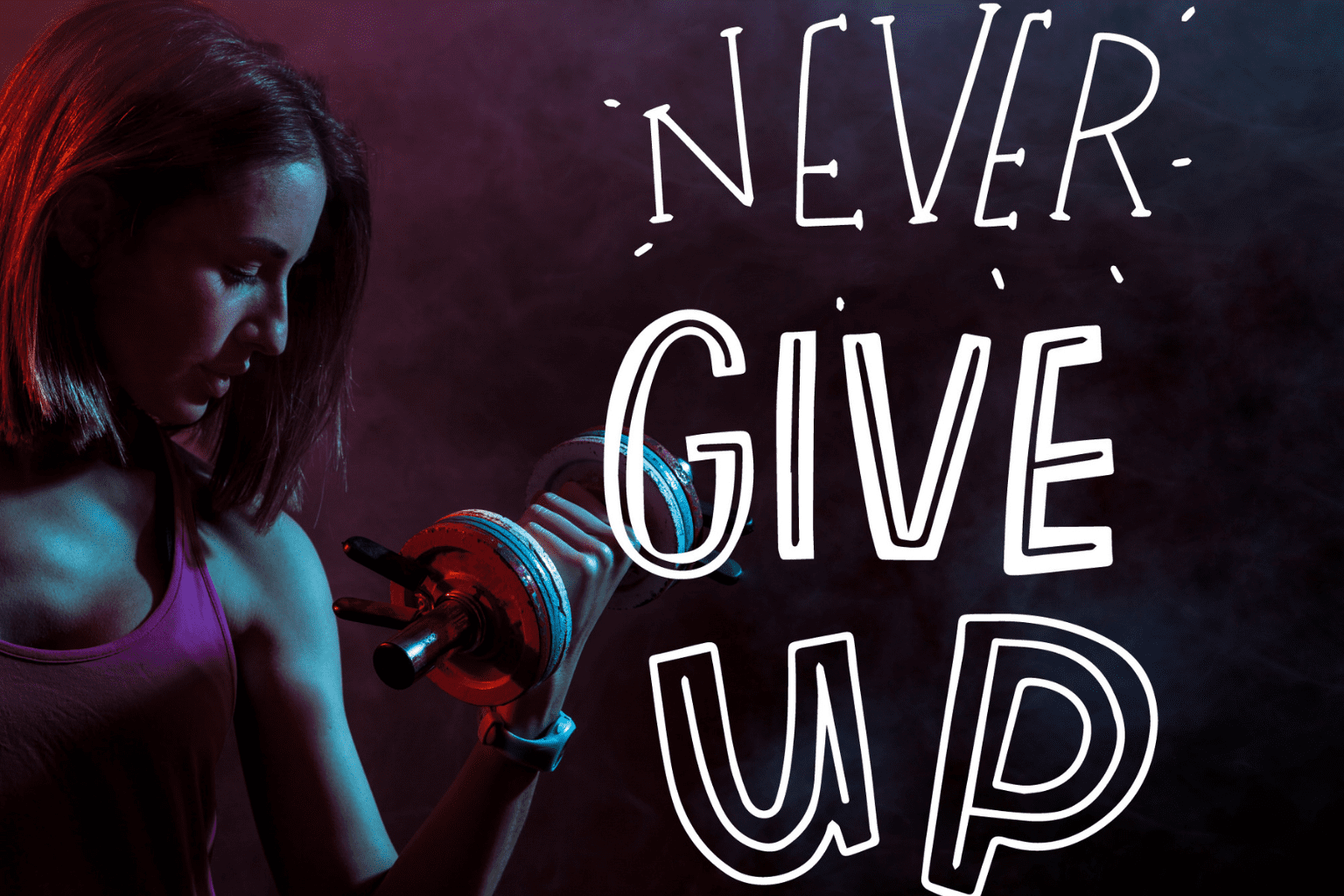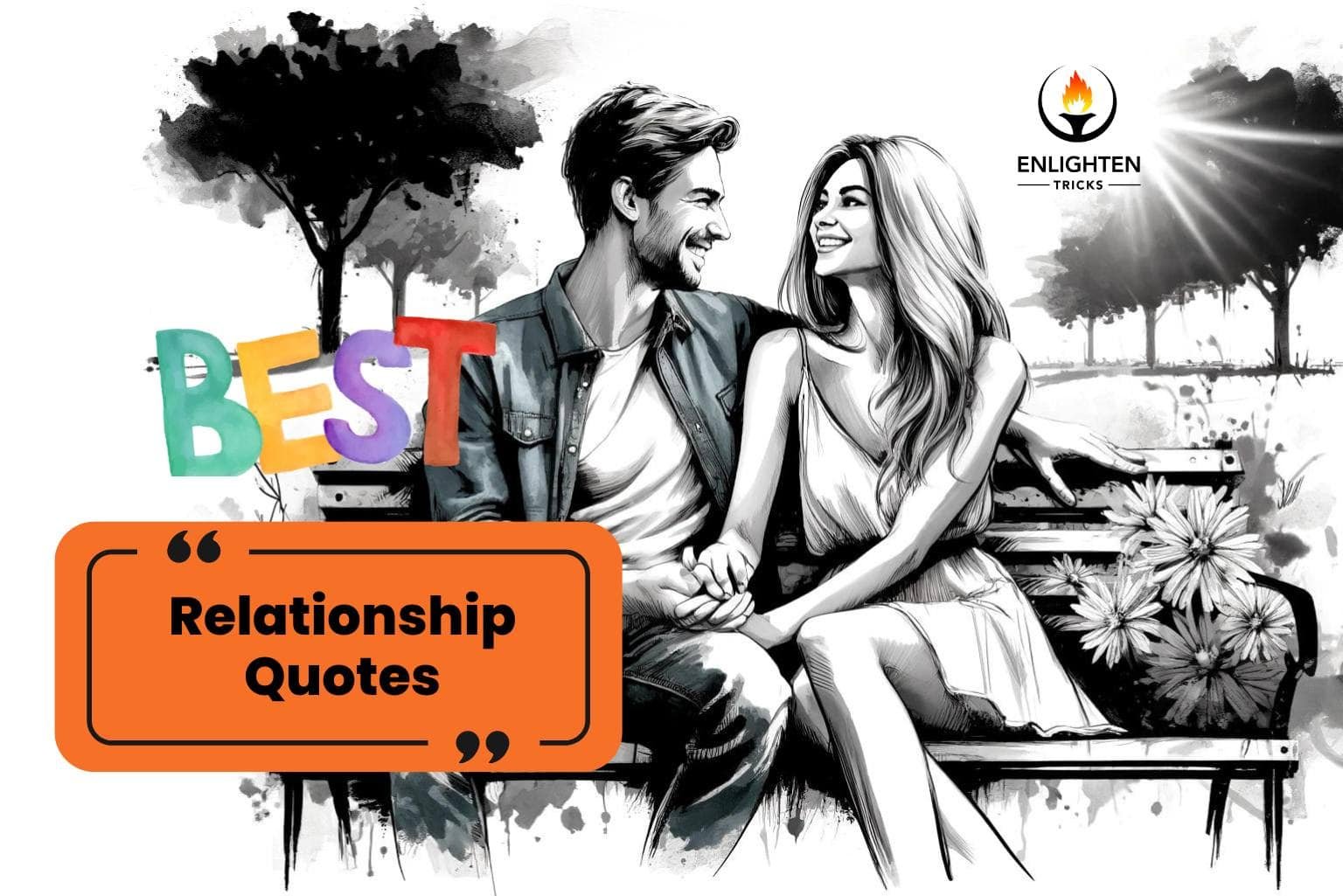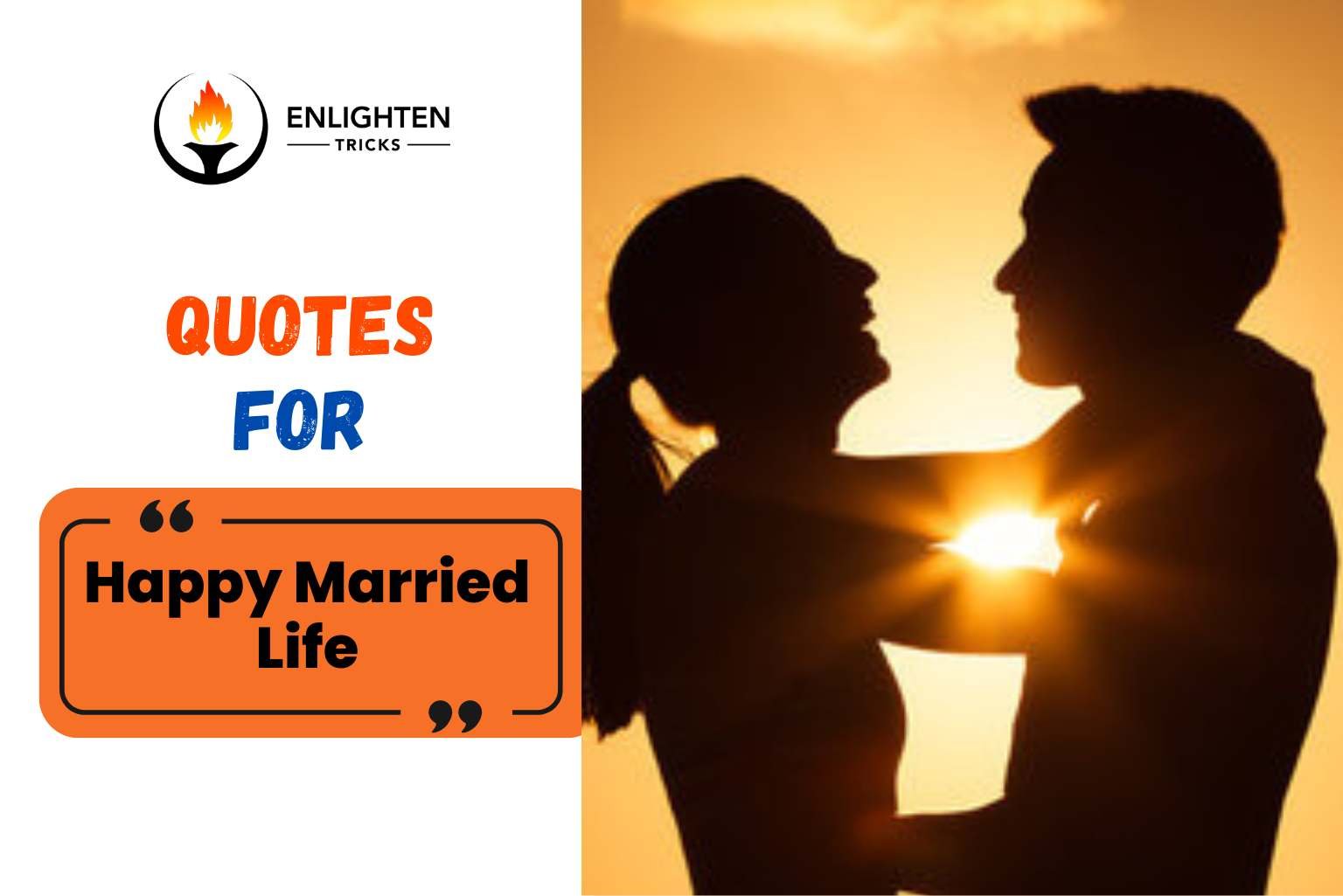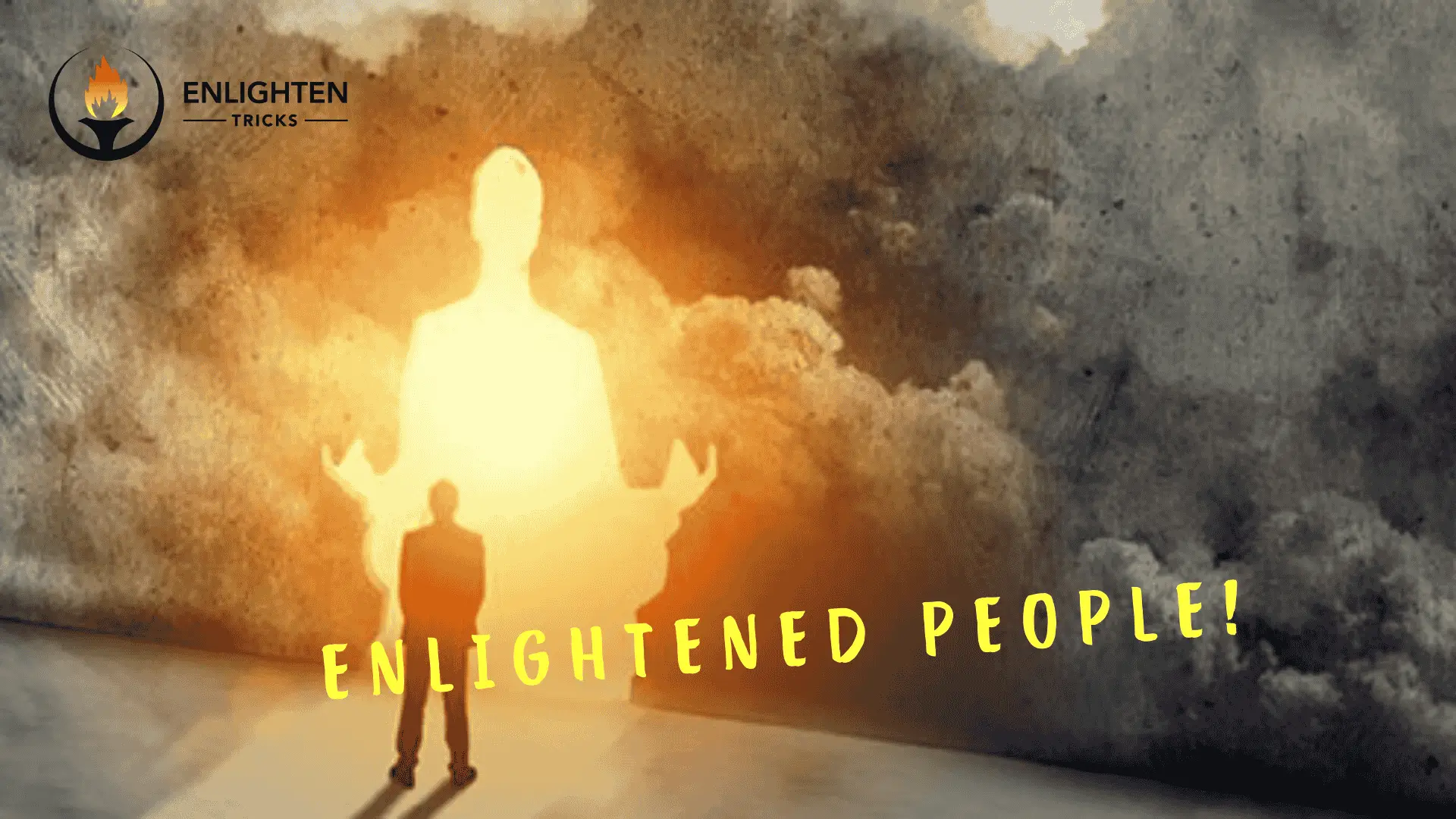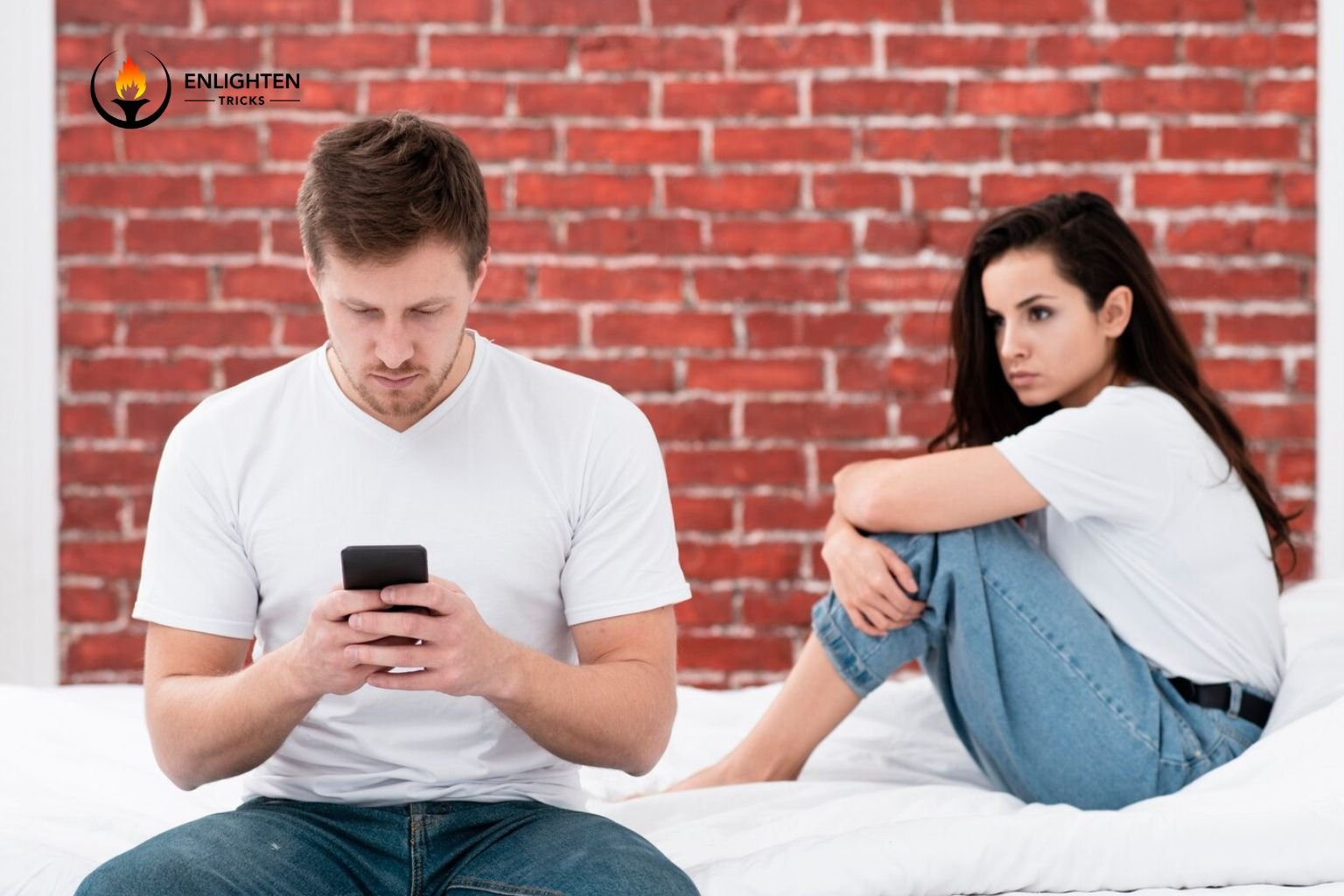In today’s digital age, social media is an integral part of our daily lives. Platforms like Facebook, Instagram, and TikTok connect us with friends, family, and the world. However, what many don’t realize is that excessive use of social media can have a darker side—especially when it comes to relationships. Social media addiction can quietly infiltrate and strain romantic relationships, leading to emotional distance, jealousy, and conflict. Here are 7 warning signs that social media addiction may be damaging your love life.
1. Decreased Quality Time Together
Social media addiction often causes partners to prioritize their virtual lives over real-life interactions. When either or both partners are glued to their phones or laptops during times that should be spent together, the relationship suffers from a lack of meaningful engagement.
- How it manifests: Instead of having conversations, sharing experiences, or enjoying each other’s company, you both might sit side by side, immersed in scrolling, liking posts, or checking notifications. A dinner date may turn into an event where you’re both more focused on taking the perfect food photo than on actually talking to each other.
- Impact: Over time, this behavior can create emotional distance, as your partner may feel neglected or like they’re no longer a priority. Quality time, an essential component for deepening emotional connection, becomes increasingly rare. Your bond can weaken as shared experiences diminish, replaced by a focus on what’s happening in other people’s lives online.
2. Increased Jealousy and Insecurity
Social media can breed feelings of jealousy and insecurity in a relationship, especially when one partner engages with others online in ways that the other finds uncomfortable.
- How it manifests: This might happen when a partner is constantly liking or commenting on photos of other people, especially those of the opposite gender. DMs with strangers, or rekindling old connections through social media, can also trigger feelings of suspicion and jealousy. Seeing your partner frequently engage with “attractive” people or ex-partners on social media can lead to insecurity, even if there is no real cause for concern.
- Impact: These feelings of jealousy can escalate into trust issues, arguments, and insecurity. Even small interactions online, like an innocent “like,” can feel threatening. A partner may become anxious about their relationship’s stability, leading to constant monitoring of social media activity, which in turn fuels more tension and conflict.
3. Constant Comparison of Your Relationship to Others
Social media is a highlight reel where people tend to share only the best moments of their lives. Constantly comparing your relationship to these curated images can create unrealistic expectations, leaving you dissatisfied with your own situation.
- How it manifests: You may see friends or influencers posting about lavish vacations, grand romantic gestures, or “perfect” date nights, and start to feel that your relationship is lacking in comparison. You might even think, “Why doesn’t my partner do these things for me?” or “Our relationship isn’t as exciting as theirs.”
- Impact: The result is often frustration, discontent, or resentment towards your partner. These comparisons can make you feel like your relationship is inadequate, even if you were perfectly happy before social media highlighted what others are doing. This skewed view can lead to unrealistic demands or unnecessary strain, as your partner feels pressured to live up to standards set by others’ carefully curated social media posts.
4. Lack of Communication
Excessive social media use can rob couples of the time they would otherwise spend talking and connecting. When communication is replaced by endless scrolling or content consumption, the relationship’s emotional depth suffers.
- How it manifests: You come home after a long day and, instead of catching up with your partner or having a meaningful conversation, you find yourself engrossed in TikTok videos or Instagram stories. Over time, this habit can reduce the amount of communication you have with your partner, creating a gap in understanding and emotional intimacy.
- Impact: Healthy relationships rely on open, honest, and frequent communication. When social media starts taking over your conversations, critical issues may go unaddressed, small misunderstandings can snowball into larger conflicts, and both partners may begin to feel emotionally disconnected. Over time, the lack of communication can lead to feelings of loneliness within the relationship.
5. Oversharing Relationship Issues Online
Sharing too much about your relationship on social media can expose your personal life to unwanted scrutiny, feedback, and opinions from others, which can hurt the relationship.
- How it manifests: When you post about every fight, disagreement, or even intimate moment online, you’re inviting the world into your private life. Some people use social media as an outlet for venting, and posting emotional or dramatic status updates after an argument with their partner. However, once these personal details are public, friends, followers, and acquaintances may start commenting or offering advice that can complicate the situation.
- Impact: Oversharing can cause tension, especially if one partner feels uncomfortable with their private life being made public. The relationship might feel scrutinized or judged by outsiders, and both partners could feel pressured by external opinions. Furthermore, arguments aired online often get blown out of proportion, creating bigger problems than they originally were.
6. Neglecting Relationship Responsibilities
Social media addiction can cause you to become so preoccupied with your online presence that you start neglecting your real-world responsibilities within the relationship.
- How it manifests: You may forget important dates like anniversaries or fail to plan quality time because you’re too busy keeping up with the latest trends or scrolling through your feed. You might start prioritizing your social media life over showing care and attention to your partner. This can even extend to ignoring your partner’s emotional needs because your time is consumed by social media interactions.
- Impact: This neglect can hurt your partner deeply, leading them to feel unappreciated, unloved, or invisible in the relationship. Consistently overlooking important moments or failing to be present can damage trust and lead to feelings of abandonment. Over time, these frustrations may fester and erode the foundation of the relationship, making reconciliation harder.
7. Emotional Disconnection
One of the most subtle but dangerous effects of social media addiction is emotional disconnection. The more time spent on social media, the less time is available to nurture emotional closeness with your partner.
- How it manifests: Instead of turning to your partner for support, comfort, or validation, you may start relying on the virtual world for these needs. You might seek out likes, comments, or online friendships to feel good, instead of sharing your feelings with your partner. This can lead to emotional distance, where you no longer feel like your partner is the first person you want to talk to when something significant happens.
- Impact: Emotional intimacy is critical in maintaining a close, connected relationship. When this intimacy is disrupted by social media addiction, partners may feel isolated, unloved, or unimportant. Emotional disconnection can make the relationship feel hollow, leading to dissatisfaction and a sense of alienation. Once this gap forms, it can be difficult to bridge, leading to long-term issues like infidelity or separation.
What You Can Do to Protect Your Relationship from Social Media Addiction
Social media isn’t inherently bad, but when it begins to interfere with your relationship, it’s important to take steps to manage its impact. Here are some strategies to help:
- Set Boundaries: Establish clear boundaries for social media use, such as not using your phone during meals or while spending quality time together. This will help ensure that social media doesn’t dominate your interactions.
- Communicate Openly: Discuss your concerns with your partner and be open about how social media use is affecting the relationship. This honest communication can help identify the root of the problem and create solutions.
- Schedule Tech-Free Time: Dedicate certain times of the day or week to being completely offline and focusing on each other. This could be as simple as having “no-phone zones” in certain areas of the house or specific times during the day when both of you are fully present.
- Limit Social Media Time: Consider setting limits on your social media usage through your phone’s settings or specific apps. A conscious effort to reduce screen time can help you re-engage with your partner.
- Prioritize Your Relationship: Remember that your relationship should always come before social media. Make time for meaningful activities that help you bond, such as date nights, hobbies, or even just talking at the end of the day.
Conclusion
While social media can offer many benefits, addiction to it can seriously damage your love life. If you recognize any of these 7 warning signs in your relationship, it might be time to reevaluate your online habits and refocus on nurturing your real-world connection. By being aware of the dangers and actively managing your social media use, you can protect the emotional health of your relationship and ensure that it remains strong and resilient in the face of digital distractions. Unrepairable, divorce may be the best option.
Ultimately, only you and your partner can determine what is right for your relationship. By exploring alternatives to divorce and carefully considering the long-term implications, you can make an informed decision that leads to a healthier and happier future, whether together or apart.

